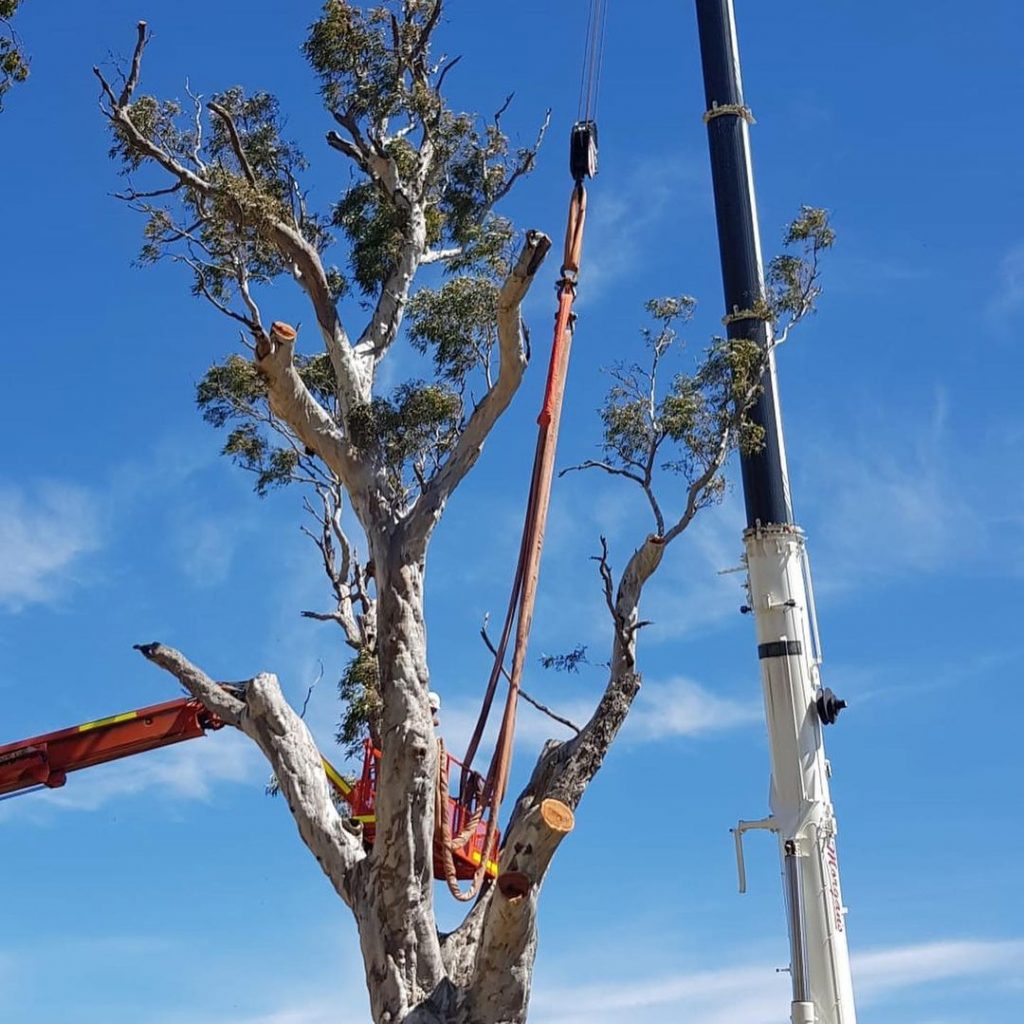All Categories
Featured
The removal of trees can develop open areas that are at risk to weed invasion. When trees are existing, their thick covers often color the ground, restricting the amount of sunshine that gets to the soil. However, after the removal of trees, these open areas get raised sunlight, supplying ideal conditions for weed development.

They may recommend the use of compost, which acts as a protective barrier on the soil surface area, protecting against weed seeds from germinating and reducing weed growth.

The existence of trees promotes a rich and varied area of soil microorganisms. Tree origins provide a source of organic matter, exudates, and nutrients that sustain the development and task of useful dirt bacteria. When trees are eliminated, the lack of their roots can disrupt the delicate balance of the soil's microbial community.
Who Has The Best Tree Arborist Wollongong?
This adjustment in pH can influence vitamins and mineral availability, microbial task, and general dirt health and wellness. To address the impacts of tree cutting on dirt pH, tree removal specialists can offer important guidance. They might advise dirt screening to analyze the current pH levels and identify the necessary modifications. Based on the results, experts can recommend pH adjustment approaches, such as including lime to elevate soil pH or including important sulfur to lower it.

It refers to the compression of soil bits, leading to minimized pore room and enhanced soil density. This compaction can negatively influence the soil's capability to work efficiently, affecting its water-holding ability, nutrition accessibility, and root infiltration. Correct techniques employed by tree elimination experts can aid minimize compaction and maintain the dirt's capacity to preserve water, and permit for ample airflow and cautious equipment handling.
Latest Posts
What Is The Best Tree Cutting Services Wollongong Business?
How Do I Find A Tree Removal Wollongong Service?
Who Has The Best Arborist Wollongong Service?